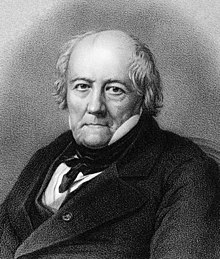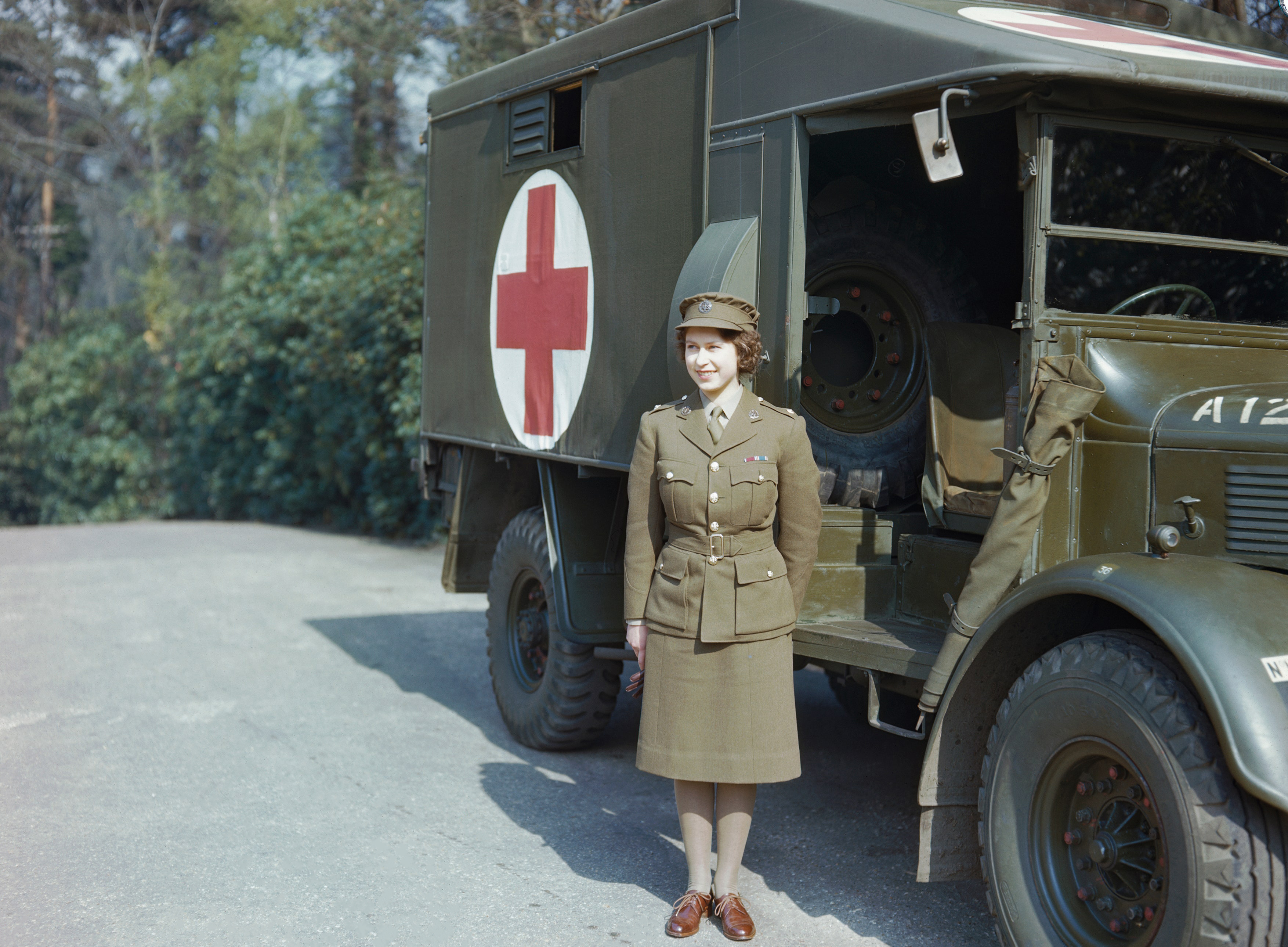 |
| According to legend, Romulus and Remus were suckled by a she-wolf. |
Romulus and Remus Founded Rome, 753 BC
According to legend, Rome was founded by the twins Romulus and Remus. The story starts in the ancient kingdom of Alba Longa in central Italy, which was ruled by King Numitor. Numitor had a brother, Amulius, who deposed Numitor and killed his sons. He also forced Numitor's daughter, Rhea Silvia, to become a Vestal Virgin, in order to deprive Numitor of any grandchildren who might come along to challenge Amulius's reign.Of course, these things never work out quite as planned, and Rhea became pregnant. She claimed that the god Mars was the father. Rhea gave birth to the twins, Romulus and Remus, and when Amulius learned of it he imprisoned Rhea and ordered a servant to dispose of the babies.
The servant took mercy on the children, and instead of killing them he set them adrift on the Tiber. There they were discovered by a she-wolf, who fed and cared for them. Later on, they were discovered by a shepherd and his wife, who raised them as their own. Eventually they found out who they really were and killed Amulius. They were offered the throne of Alba Longa but restored it to their grandfather instead, preferring to found their own city.
The twins set off to found their city. Unfortunately, they couldn't decide on a location. They agreed to abide by the omens, so they set out entrails and waited for the vultures to arrive. There was a difference of opinion as to what the omens meant: Remus saw six vultures, compared to Romulus's twelve, but he saw his first. The debate was settled in a time-honored fashion: Romulus slew Remus and built the city where he wanted it.
According to the story, the name of the city, Rome, is derived from Romulus's name. The truth is probably the other way around -- the name of the character was derived from the city. Rome is thought to have been derived from the ancient name for the Tiber, Rumon or Rumen, which comes from a Greek and Latin root meaning "flow." As for when Rome was actually founded, there is evidence of human settlement in the area dating back at least 10,000 years.
 |
| Jean-Baptiste Biot |
Jean-Baptiste Biot's Birthday, 1774
Jean-Baptiste Biot was a French astronomer, physicist, and mathematician. One of his most important contributions was in his study of meteorites, which was basically the beginning of the science of meteoritics.In Biot's time very few people believed that meteorites were actually extraterrestrial objects. Of course, there had been stories about rocks being found on the ground after a fireball was seen in the sky, but these stories were thought to be tall tales. (After all, Aristotle had asserted that they were terrestrial, and who can argue with him?) A German physicist named Ernst Chladni had published his theory that they came from beyond the earth's atmosphere, but it was still only a theory, and not generally believed to be true.
On April 26, 1803, a shower of more than 3,000 meteorite fragments fell in L'Aigle, France. This was a terrific chance to investigate the phenomena and the French Academy of Sciences sent Biot to study them. Biot concluded that they were indeed of extraterrestrial origin, based on two observations. The first was the sudden appearance of so many stones that hadn't been there previously and that were similar in composition to other stones that had appeared at meteorite sites. The second was that a whole lot of people had seen them fall from the sky.
 |
| Queen Elizabeth II |
Queen Elizabeth II's Birthday, 1926
I doubt if there's anyone reading this who doesn't know who Queen Elizabeth is, so I'll just give you a few quick facts.1. When Elizabeth was born, it seemed completely unlikely that she would ever become queen. True, she was third in line, after her uncle and father, but her uncle was still young and it was expected that he would produce offspring. Edward VIII's abdication of the throne took care of that line of reasoning.
2. Elizabeth is the last head of state alive today who served in uniform during World War II. (She served in the Women's Auxiliary Territorial Service, where she was a driver and mechanic.)
3. Elizabeth did not take her husband's name, Mountbatten, upon their marriage. She retained the royal family name of Windsor -- which hadn't always been the family name. Up until 1917, the Royal House was known as the House of Saxe-Coburg and Gotha, which came from Prince Albert, Queen Victoria's husband. The name was changed during World War I in order to sound "less German."
Of course, the Mountbattens hadn't always been Mountbattens, either. Before his marriage to Elizabeth, Prince Philip was of the House of Schleswig-Holstein-Sonderburg-Glucksburg. He renounced his titles (he was a Prince of Greece and Denmark) and took the name Mountbatten, an English translation of a family name of Battenberg.
Any of Elizabeth's descendents who carry royal titles will also be known as Windsors. Those without those titles will be Windsor-Mountbattens.
 |
| "Princess Lilibet" in 1929. |
5. At 63-plus years of rule, Elizabeth is the second longest reigning monarch in the world today, and one of the longest reigning monarchs of England.
6. She's also one of the wealthiest people in the world. Forbes estimates her net worth at $450 million dollars. Of course, the Crown Jewels and the palaces belong to the country, but as an individual Elizabeth owns considerable real estate, art, gems, and other valuable items.
Incidentally, although today is the Queen's actual birthday, it's not necessarily the Queen's Official Birthday. In the United Kingdom, that's celebrated on the first, second, or third Saturday in June. In Canada, it's the Monday on or before the 24th of May (Queen Victoria's birthday.) In Australia it's the second Monday in June, and in New Zealand the first Monday in June (to open the snow/ski season.)
 |
| She served in the Women's Auxiliary Territorial Service during World War II. |
No comments:
Post a Comment